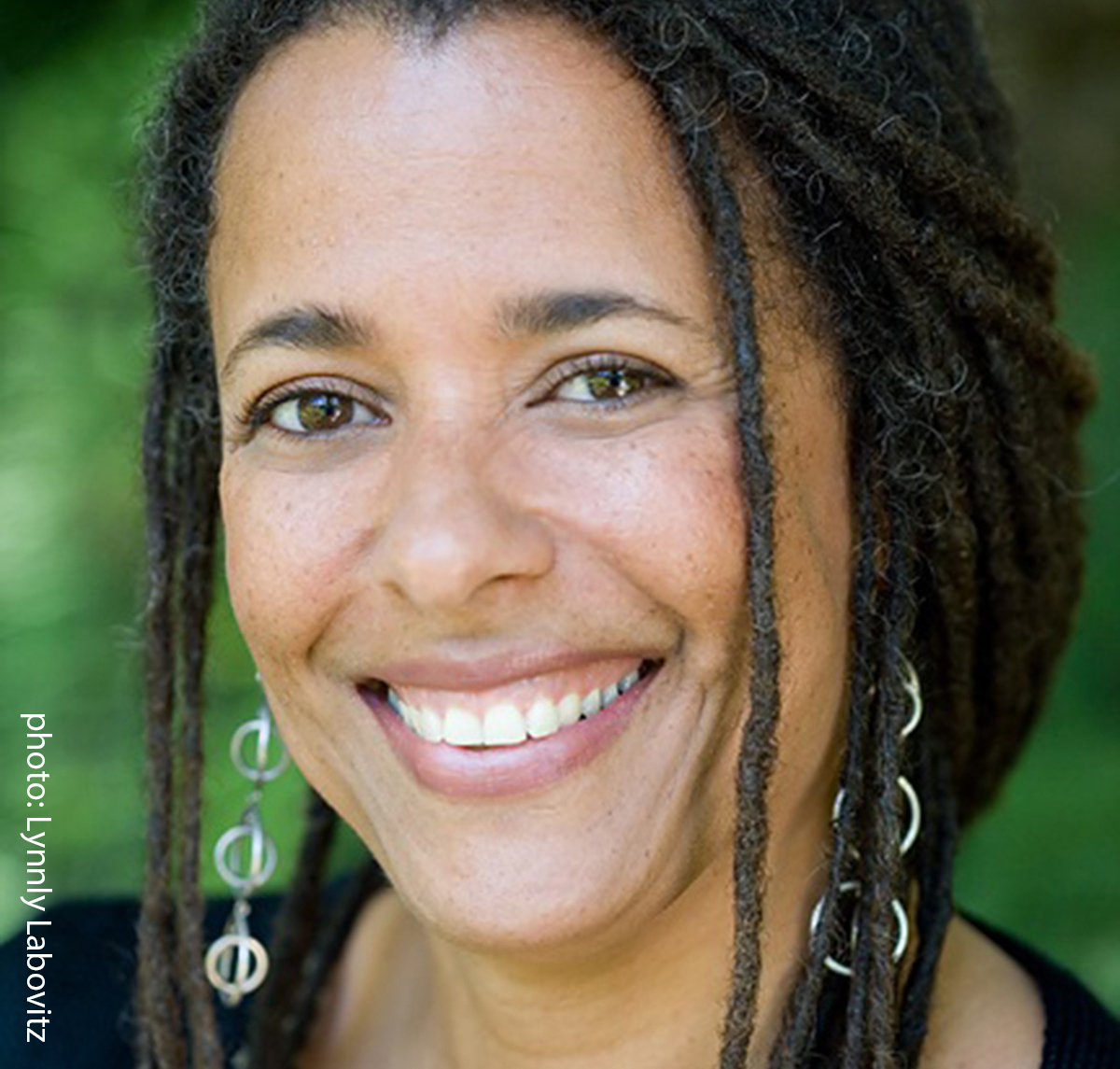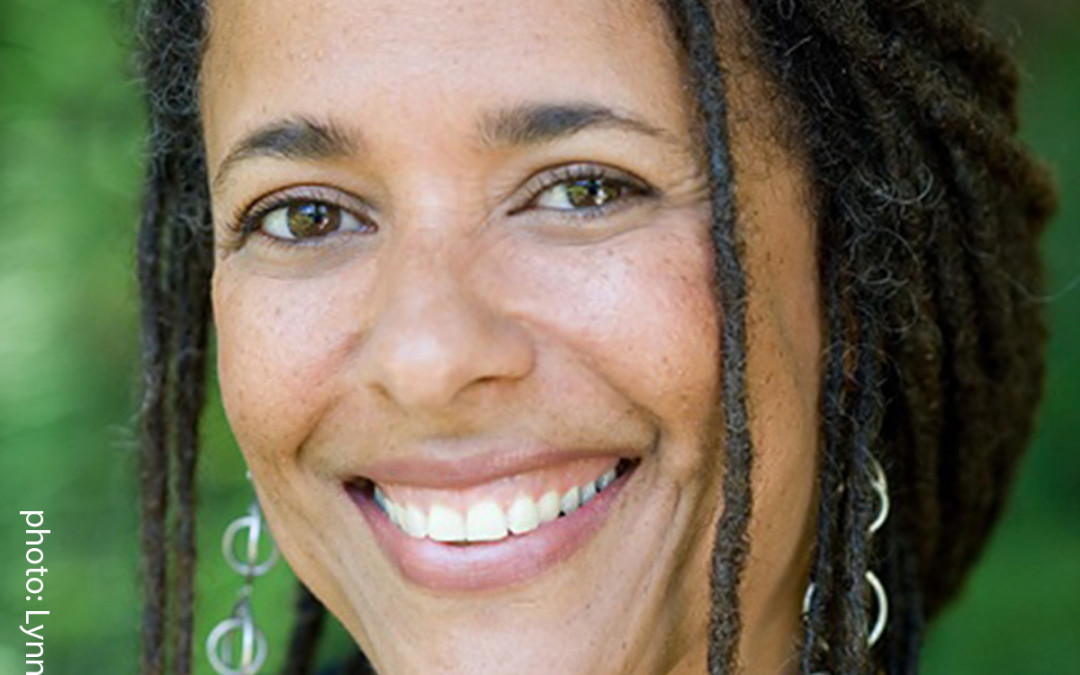Carolyn Finney, Author of Black Faces, White Spaces to Speak at UNC Asheville Sept. 29
Developing cultural competency within the discussion of public lands and conservation is an important aspect for promoting the use and care of public lands among all populations. MountainTrue values collaboration among diverse constituencies to achieve more effective success in protecting our public lands and forests. Carolyn Finney brings a unique voice to this dialogue, and considers factors that contribute to how individuals build a relationship with their environment.

Carolyn Finney, author of Black Faces, White Spaces: Reimagining the Relationship of African Americans to the Great Outdoors (UNC Press, 2014), will speak at UNC Asheville at 7 p.m. on Thursday, Sept. 29 in the Humanities Lecture Hall. This event is free and open to everyone.
Finney, now assistant professor of geography at the University of Kentucky, pursued an acting career for eleven years, but a backpacking trip around the world and living in Nepal changed the course of her life. Returning to school in the U.S. as a student and now as a professor and cultural geographer, Finney explores how difference, identity, representation, and power play a significant role in determining how people negotiate their daily lives in relation to the environment. As a Fulbright fellow, Finney also has researched the impact of tourism and modernization on Nepalese women and the environment.
Finney serves on the U.S. National Parks Advisory Board working to assist the National Park Service in engaging relations of reciprocity with diverse communities. Her talk is part of UNC Asheville’s celebration of the National Park Service Centennial.
Finney says the aim of her work is to develop greater cultural competency within environmental organizations and institutions, challenge media outlets on their representation of difference, and increase awareness of how privilege shapes who gets to speak to environmental issues and determine policy and action. By engaging art, science and popular culture, she works to create new frameworks of engagement where diverse communities and individuals, environmental organizations, government agencies and academic institutions can establish and nurture healthy human/environment relationships.
For more information, contact Deborah Miles, director of UNC Asheville’s Center for Diversity Education, at dmiles@unca.edu or 828.232.5024.

